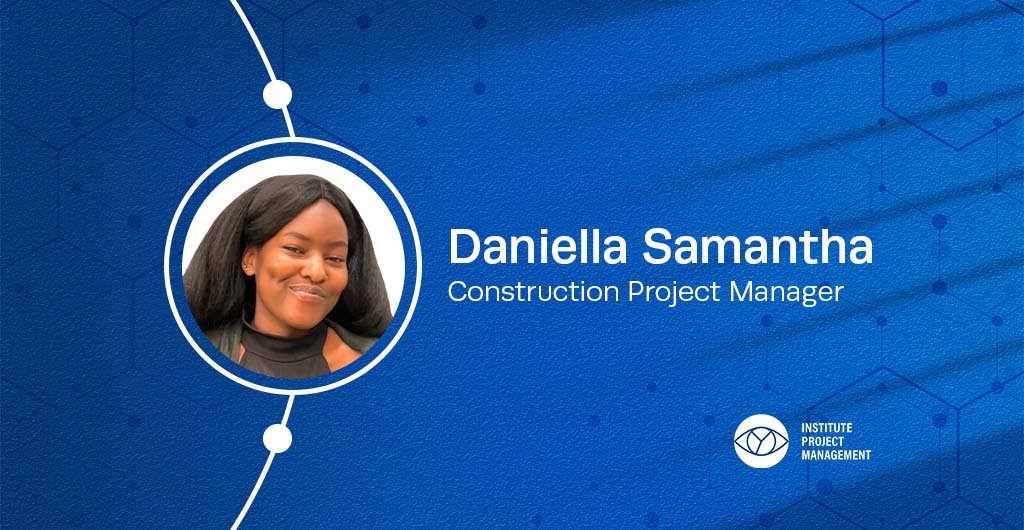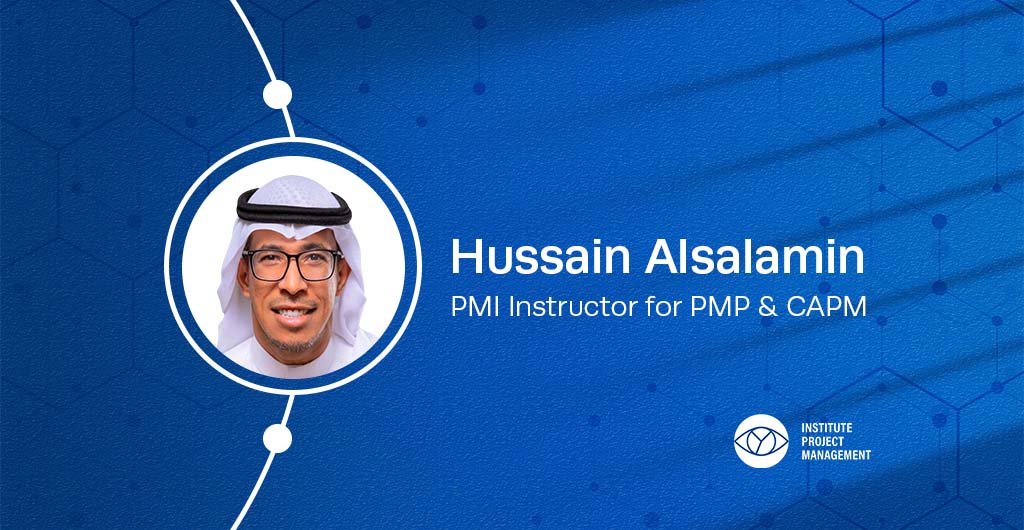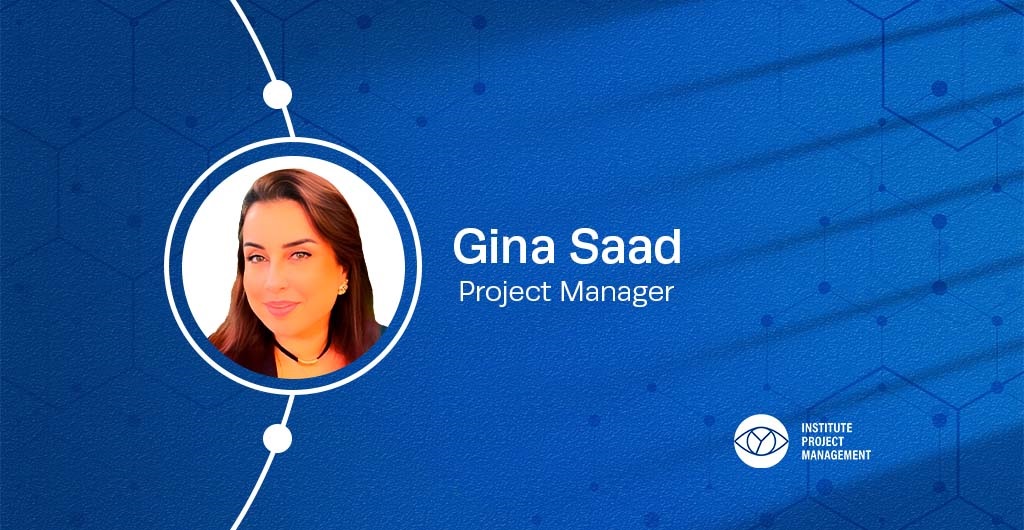Need advice? Call Now, Schedule a Meeting or Contact Us


Speak to an advisor
Explore Project Ireland 2040’s key objectives, challenges, and how it’s shaping Ireland’s growth and development.

Project Ireland 2040 is a visionary strategy designed to prepare Ireland for the future by focusing on sustainable development, economic growth, and enhancing the quality of life for its citizens. This ambitious plan involves significant investments in infrastructure, housing, healthcare, and education, all aimed at creating a more prosperous and inclusive society by 2040.
The Project Ireland 2040 consists of two key components:
Project Ireland 2040 focuses on two main goals:
The project aims to transition Ireland towards a greener economy. This means investing in renewable energy, cutting carbon emissions, and nurturing innovative industries that align with eco-friendly principles. Additionally, there is a strong emphasis on spreading economic opportunities across the nation, giving rural areas the boost they need to thrive alongside cities.
Equally important is the plan’s focus on improved housing and infrastructure to accommodate population growth. This includes building affordable and accessible housing, as well as modernising key infrastructure like transportation, energy, and digital connectivity. The goal is to create vibrant, well-connected urban centres without sprawl while also boosting rural areas with the infrastructure needed to attract residents and businesses.

The National Planning Framework (NPF) has several key objectives to ensure balanced, sustainable development across the country.1 These include:
Project Ireland 2040 aims to achieve ten strategic outcomes that will create a more sustainable, inclusive, and prosperous Ireland by 2040.2
Successfully implementing an ambitious plan like Project Ireland 2040 comes with its share of challenges. Its two major hurdles are:
Urban centres, particularly Dublin, are magnetised by job opportunities and investment. In contrast, rural communities often struggle with limited job prospects, inadequate access to essential services like healthcare and education, and outdated infrastructure. This disparity threatens the plan’s vision of balanced regional growth, as it accelerates economic decline in rural regions and makes it difficult to attract new residents and businesses.
Reconciling development with environmental protection can complicate the implementation of Project Ireland 2040. Environmental considerations may slow down progress, increase costs, or even stop projects if they are perceived as eco-threats. It is a delicate task that requires innovative solutions and strong commitment from all stakeholders.
Project Ireland 2040 presents several exciting opportunities that can significantly benefit the country.
One of the primary goals of Project Ireland 2040 is to create 660,000 additional jobs by 2040. This will be achieved through investments in various sectors, including construction, technology, healthcare, and education. The focus on green energy and technology projects will further generate numerous employment opportunities, helping to reduce unemployment and improve living standards across the country.
The framework emphasises balanced regional development, aiming to reduce disparities between urban and rural areas. By directing investment into underdeveloped regions, Project Ireland 2040 seeks to reduce the rural-urban divide. This approach will not only support infrastructure and services in rural communities but also encourage population retention and attract businesses and new residents.
Investments in digital infrastructure, such as high-speed broadband, will enable businesses to thrive and support remote working. The framework also promotes research and development while encouraging the adoption of new technologies across sectors like healthcare, education, and transport. This will boost efficiency, productivity, and overall quality of life.

Overview: The MetroLink project is a major infrastructure initiative designed to create a high-capacity, high-frequency metro service in Dublin. It aims to connect key areas of the city, including the airport, with the city centre and other major transport hubs.
Impact: Once completed, MetroLink is expected to significantly reduce traffic congestion, lower carbon emissions, and provide a reliable and efficient public transport option for Dublin’s growing population. This is a step towards achieving Ireland’s sustainable mobility goals.
Overview: The Waterford North Quays Development is a major urban regeneration project that aims to transform a derelict area into a vibrant mixed-use development. This project includes residential, commercial, and recreational spaces, as well as improved transport links.
Impact: This development is expected to revitalise Waterford, attracting new businesses and residents and boosting the local economy. It will also enhance the city’s waterfront, making it a more attractive destination for tourists and locals.
Project Ireland 2040 promises impressive long-term benefits, such as economic growth, balanced regional development, enhanced infrastructure, environmental sustainability, and improved public service, among others. However, a project of this scale will inevitably face challenges.
For this reason, project managers, both in Ireland and those tackling similarly complex projects elsewhere, must equip themselves with the right skills to overcome these challenges and contribute to long-term growth.
IPM offers a range of courses designed to help project managers develop the expertise needed to thrive in this environment:
Besides these, we provide various certified diplomas and short courses to help project managers enhance their expertise. Visit our course catalogue to find your perfect fit.
Reference Literature:
1. Project Ireland 2040. 2018. “The National Planning Framework (NPF).”
2. Assets.gov.ie. 2022. “Project Ireland 2040: Building Ireland’s Future.”














